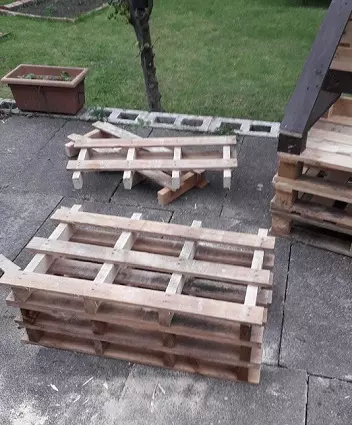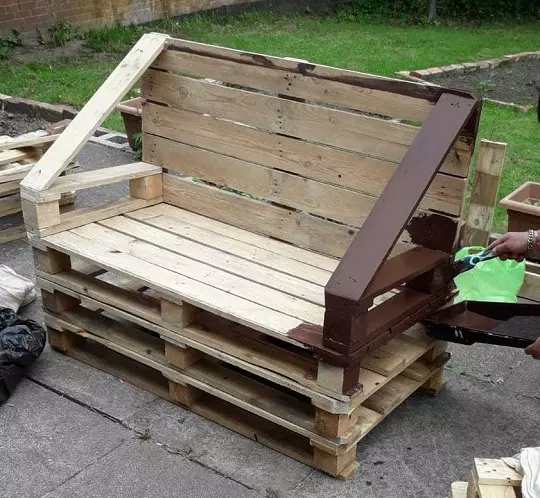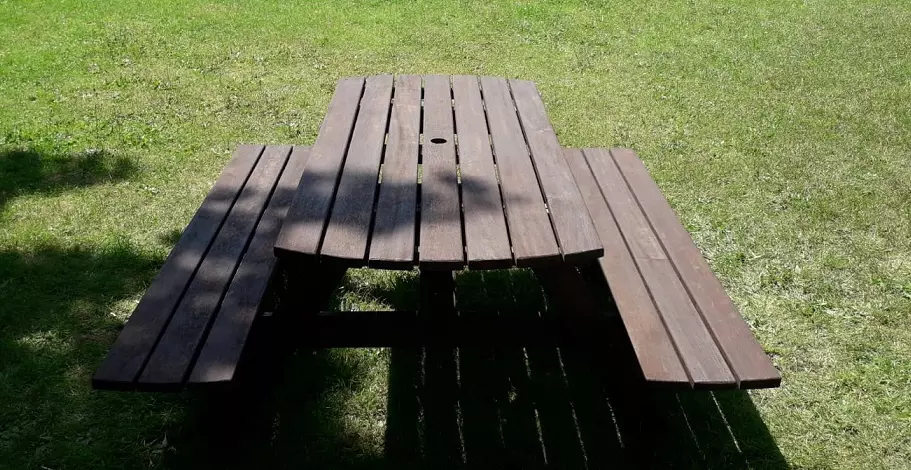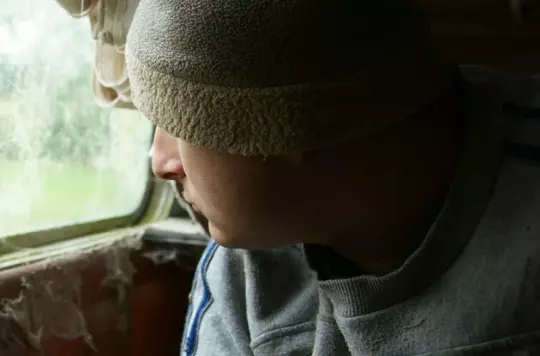Modern slavery survivors give back to community
published on 20 Aug 2020
Residents of a Salvation Army safe house have been putting their woodwork skills to the test by making garden furniture for elderly people in the local community.

The survivors, who are all men aged between 21-55 and receiving support from The Salvation Army through a Government contract to help victims of modern slavery, have worked together to make picnic benches and garden chairs out of wooden pallets that were given by a garage for recycling purposes. The furniture will now be donated to elderly people living nearby and some kept at the safehouse for the use of residents during their stay.
“They also mean our residents can learn new skills which they can take with them when they move on and into a new life, without fear.”
The outdoor furniture is part of a wider garden project taking place at the safe house which includes the making of flower boxes and a garden path so that residents can easily access a quiet outdoor space. Residents will also soon be offered sewing classes where they will learn how to make cushions for the outdoor seating and a holistic therapist will provide reflexology and head and neck massages, both of which provide a healing aspect to residents.
The practical activities are part of the wide-ranging support that residents receive whilst with The Salvation Army to help in the recovery from their ordeal. This can include counselling, access to medical and legal assistance and financial support.
The Salvation Army’s confidential modern slavery referral helpline can be contacted on 0800 808 3733 and operates 24 hours a day, seven days a week taking calls from people who suspect that they or someone they’ve come across could be a victim of modern slavery and in need of help.
The common signs someone is being exploited through slavery are:
Some signs are physical:
- They may look uneasy, unkempt, or malnourished
- They may have untreated injuries
- They don’t have the proper safety and other equipment for the work they are doing
Some signs are less obvious:
- Someone paying for their travel
- Someone speaking for them
- Perhaps they are picked up and dropped off from work at unusual times
- They may not be sure of their own address


